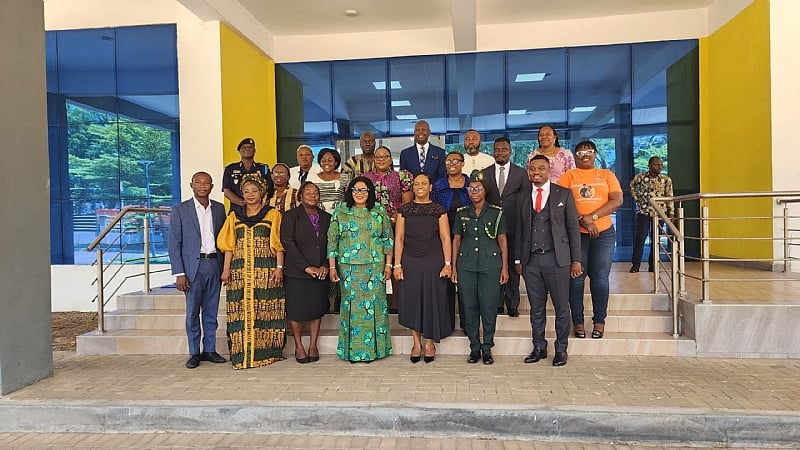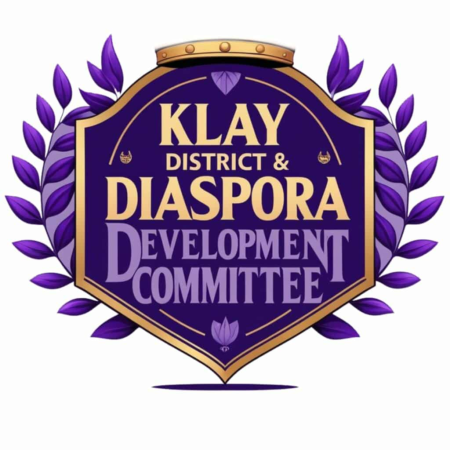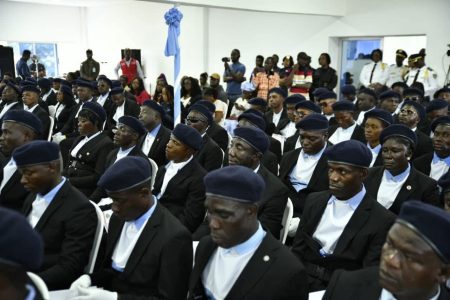The inauguration of the Human Trafficking Management Board and the Central Adoption Board in Ghana signifies a crucial step in the nation’s commitment to protecting vulnerable populations, particularly women and children, from exploitation and abuse. Minister Agnes Naa Momo Lartey emphasized the urgency of a coordinated national response to combat human trafficking, recognizing its devastating impact as a severe human rights violation affecting millions globally. Ghana’s position as a source, transit, and destination country for trafficking necessitates robust action to dismantle these criminal networks and protect its citizens. The establishment of these boards signals a proactive approach to addressing these complex challenges.
The Human Trafficking Management Board, composed of experts and representatives from various agencies, is entrusted with the critical responsibility of leading Ghana’s fight against human trafficking. Its mandate includes formulating and advising on policy, guiding the Ministry, supporting investigations and prosecutions, and developing a comprehensive National Plan of Action. The Board will also monitor progress and ensure the effective implementation of anti-trafficking strategies. The Minister acknowledged the commendable work of the previous Board, which contributed to improvements in Ghana’s international standing in the Trafficking in Persons (TIP) Report, while also challenging the new Board to strive for Tier 1 status through strategic partnerships and sustained collective action.
The Central Adoption Board, inaugurated concurrently, is tasked with safeguarding children’s welfare within the adoption system. Minister Lartey stressed the importance of transparency, accountability, and adherence to legal and ethical standards in all adoption processes. The Board’s role is to ensure that adoptions in Ghana align with international best practices and prioritize the rights and dignity of every child, preventing adoption from becoming a pathway to exploitation. The simultaneous establishment of both boards highlights the interconnectedness of these issues and the government’s dedication to a holistic approach to child protection.
COP Lydia Yaako Donkor, Director General of the Criminal Investigation Department and representative of the Human Trafficking Management Board, expressed gratitude for the opportunity to serve and pledged a resolute commitment to eradicating human trafficking in Ghana. Acknowledging the burden human trafficking places on the nation, she emphasized the need for decisive action beyond rhetoric. The Board’s focus will be on proactive, strategic, and committed efforts to address the trafficking of children and adults both across borders and within communities. This commitment reflects a recognition that combating human trafficking requires a multi-pronged approach targeting various forms of exploitation.
Mr. Bright Appiah, Executive Director of Child Rights International and representative of the Central Adoption Board, echoed the dedication to serving Ghana and ensuring the welfare of children within the adoption system. He affirmed the Board’s commitment to upholding legal and ethical standards in all adoption processes, focusing on the best interests of the child. The Board’s vigilance and support to the Ministry will aim to strengthen child protection mechanisms and prevent children from being placed in harm’s way due to inadequate oversight or flawed procedures. This focus on child-centered approaches underscores the Board’s dedication to ensuring the safety and well-being of adopted children.
The inauguration of these two boards represents a significant step towards strengthening Ghana’s child protection framework and combating human trafficking. The boards’ mandates are comprehensive, addressing policy development, investigation, prosecution, international collaboration, and ethical considerations within the adoption process. The emphasis on collaboration between government agencies, civil society organizations, and international partners reflects a recognition that a collective effort is essential to effectively address these complex challenges. The commitment expressed by the board members to proactive, strategic, and child-centered approaches underscores the potential for significant progress in protecting vulnerable populations in Ghana.














